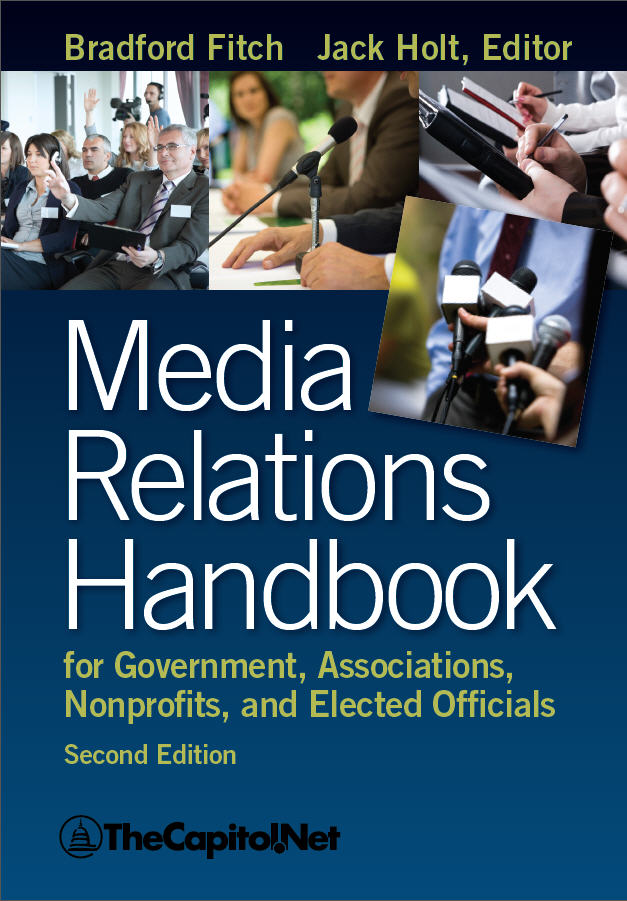The term “off the record” is commonly expressed and heard, but it can be easily misunderstood. Whenever you find yourself in a situation where you must deal with the media it is imperative that you understand what “off the record” really means.

The common wisdom in Washington is that if you do not want to read about it on the front page of the newspaper, do not say it or write it, and, if you can, do not even think it. In some cases reporters have been known to burn sources they once promised to protect. Even so, the “off the record” tool can be effective provided that you know how to effectively use it.
In journalism school “off the record” is commonly taught to mean that specified information will only be known to the source, the reporter, and in some cases their editor. Off the record information will not be used in the story. By going off the record you gain the opportunity to communicate with the media without being quoted. You must determine how much you trust the reporter before you decide to employ this tactic. If you have worked with that reporter previously and have established a good rapport with them, you may feel more comfortable about going off the record. On the other hand, if you have never previously worked with that reporter you would certainly have good reason for being wary of talking with them, even off the record.
Always negotiate in advance what “off the record” actually means to that particular reporter. Not everyone defines it in the same manner, so be clear about what it means with each reporter.
While “off the record” generally means that information will not be used publicly or shared with anyone else, there are also two other terms you need to be familiar with. They are “on background” and “on deep  background.”
background.”
The term “on background” indicates that information may be used but the source will not be specifically identified. The source may be described in general terms. The term “on deep background” indicates that information may be used but the source will not be identified in any manner whatsoever.
Understanding these critical terms can help you to develop a better relationship with the media as well as understanding the best way to utilize media tools for your advantage.
Reference: Media Relations Handbook, by Brad Fitch, Section 4.12 Off the Record.
For more than 40 years, TheCapitol.Net and its predecessor, Congressional Quarterly Executive Conferences, have been teaching professionals from government, military, business, and NGOs about the dynamics and operations of the legislative and executive branches and how to work with them.
Our custom on-site and online training, publications, and audio courses include congressional operations, legislative and budget process, communication and advocacy, media and public relations, testifying before Congress, research skills, legislative drafting, critical thinking and writing, and more.
TheCapitol.Net is on the GSA Schedule, MAS, for custom on-site and online training. GSA Contract GS02F0192X
TheCapitol.Net is now owned by the Sunwater Institute.
Teaching how Washington and Congress work ™

